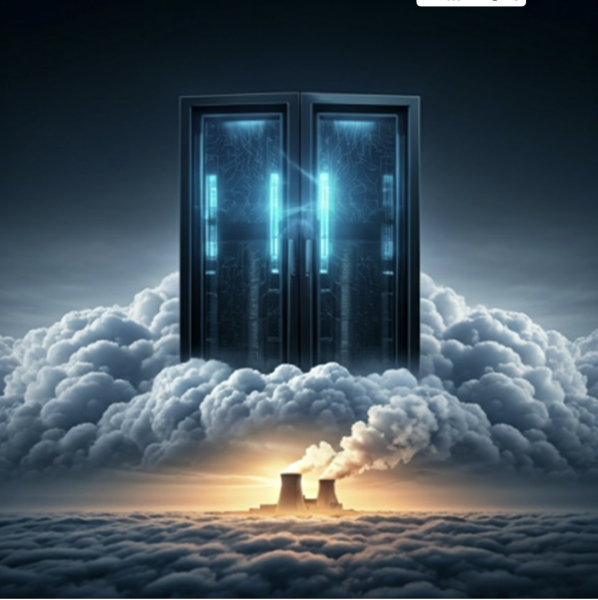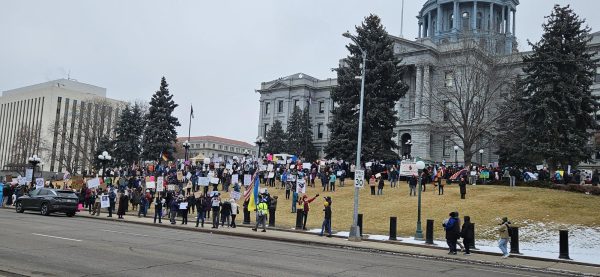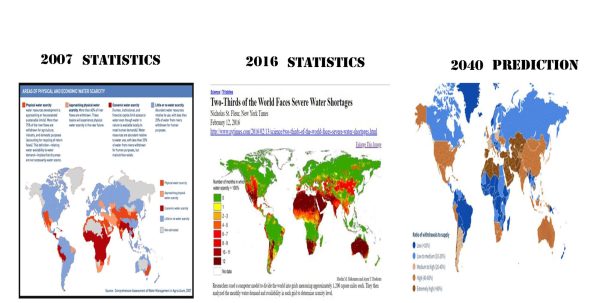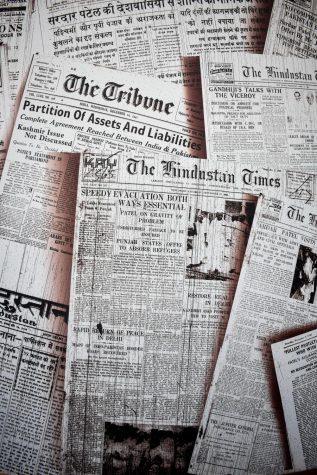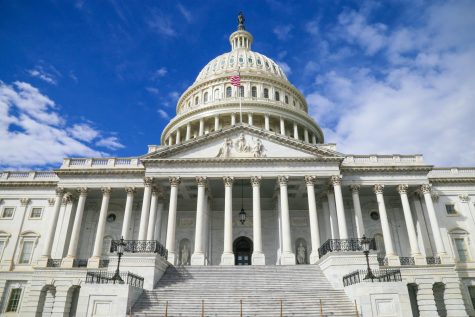The New China, Xi’s China
The Chinese Central Committee proposed to amend the constitution to remove presidential term limits, allowing Xi Jinping, the current president, to serve as the leader of the nation seemingly indefinitely.
Xi has reached a new height of power with this move. He began his first term in 2013 and will enter his second this month, extending his term until 2023.
The position of president has not always existed in China, being abolished from 1975-1982 under the Deng Xiaoping. Deng Xiaoping was the leader that worked with Nixon opened the country to the US.
The position is voted on within the National Congress, so if they don’t vote for a president there is no president. Meanwhile the National Congress is a rubber stamp body, meaning that if the preeminent leader of China is the one who decides if there is a president of not.
Chinese leaders have often retired to run the state from behind the scenes. Deng Xiaoping ran the country for decades without ever being the President of China. The successor had to reopen positions and institutions to place allies in areas of importance.
Political power in China has always been a political struggle. Titles are largely meaningless outside of an extension of legal authority. The factional divisions are deep rooted in the bureaucracy that
taking actions on the part of factional superiors behind the scenes.
For example in January 2017 the Chinese military moved long range ballistic missiles to the Russian border; not at the direction of Xi but part of the traditional military faction to humiliate Xi as he had a speech on nuclear disarmament.
The factional infighting within the communist party is kept under wraps, becoming a fight in the dark where one does not know what is happening and the one who comes out is the winner.
Two factions can be seen in the government. First is a conservative faction with close ties to the military and North Korea led by Jiang Zemin, the orchestrator of the Tiananmen Square Massacre in 1989. He was the successor to Deng, and while opening the country more to prosper from trade, a brutal crackdown on dissenters and Falun Gong practitioners.
Xi leads a faction of reformers, they want to, in general, broaden and expand the reforms in China. The manifesto of their ideology is found in “Xi Jinping Thought on Socialism with Chinese Characteristics for a New Era,” which can be used as a road map to their policy goals.
The elimination of term limits for the president could be seen as an attempt at transparency, showing the rest of the party that Xi will continue to run China from the front rather than operate behind the scenes. It is in line with “Xi thought” as it discusses governing China with rule of law.
On the other hand Xi has no clear successor. Xi ascended to power because Jiang’s successor was not able to hold the power he had. With Xi’s rapid consolidation of power this could be another move to solidify and secure his position from ambitious party members.
Xi has elevated himself to become one of China’s most powerful leaders. His political theory was added to the Communist Party Constitution in 2017, the first time since Mao to have a living party member’s self named ideology put into the Party Constitution.
Xi still has a long way to go before he is as powerful as Mao. His political rivals still permeate the government, limiting his administrative efficiency. Xi’s hold on the military is not absolute, holding exercises and troop movements that are contrary to his policy goals. Establishing a clear bureaucracy with checks and balances will be the best way to remove the infighting within the government.
The Anti-Corruption Campaign in China has been the way that Xi has cleaned house and purged his rivals. It has removed 1.5 million officials since 2012. It was a major reform to the unspoken rule that party officials are immune from the law. The anti-corruption campaign will now turn up to 11.
Xi’s power base in China may look impressive from the outside but from inside the party it is still precarious. His reforms and political philosophy have not been made permanent, with many faction enemies to combat. The question of the next generation of leaders to keep Xi’s ideology going is still unclear. The latest move of eliminating term limits puts Xi much closer to that end, but it is not the end.
If Xi succeeds in his consolidation of power and passes his reforms outlined in “Xi thought,” than the world may see a more internally stable China. A China that will be more open, a China that wants a larger share of global influence, a China that will cooperate more internationally, a China that will focus on its neighbor more, a China that is more competitive with the US, a new China, Xi’s China.

Though it’s my first year at ACC, it’s my fourth year in college. I started at Xavier University in their engineering program. I have enjoyed politics since I was a kid and stayed up to watch the Colbert Report. I was involved...




